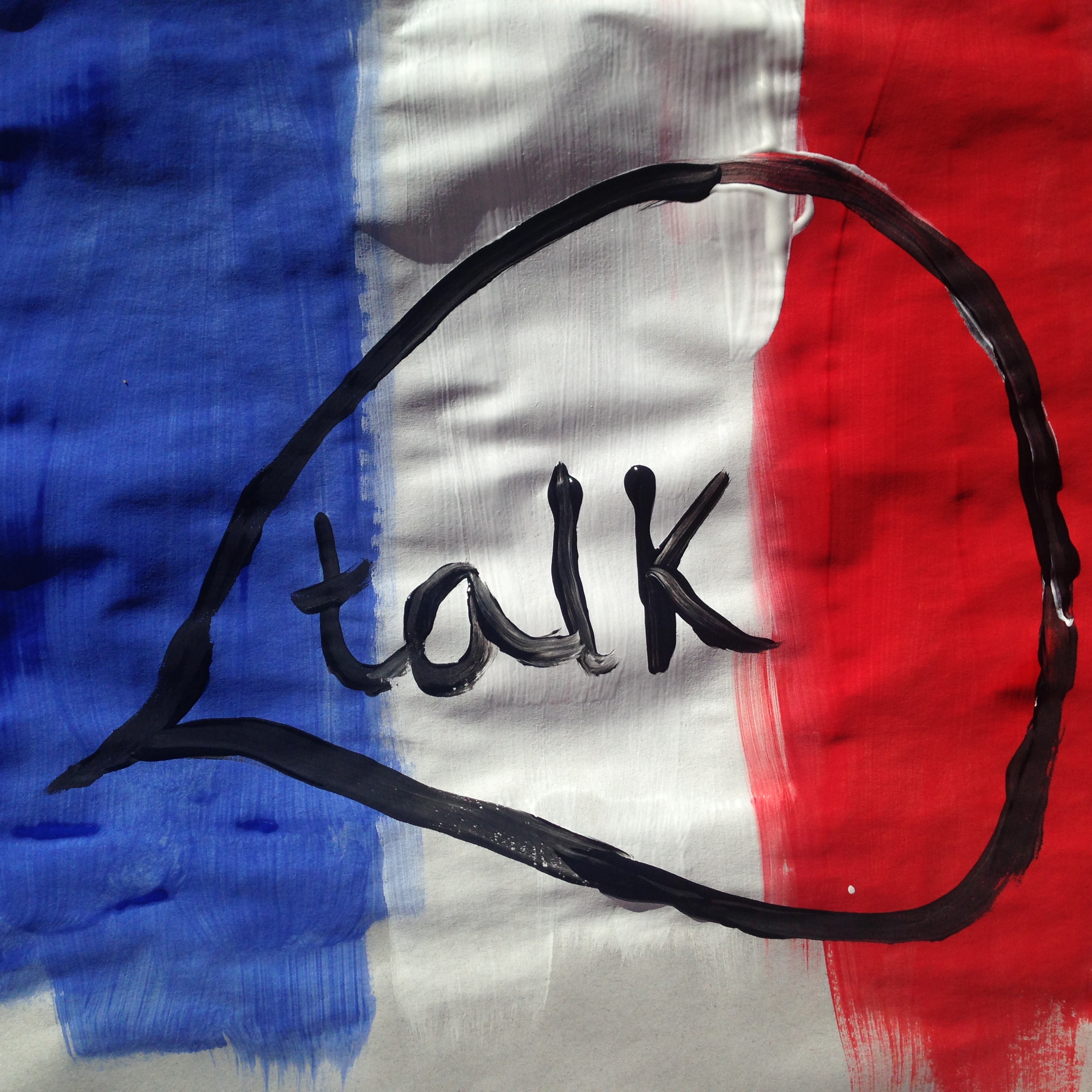
How to talk to your students about the terror attacks in Paris
November 15, 2015

The Paris terror attacks that occurred on Friday night have left the international community reeling. Although Australia is geographically far from the attacks, theextensive media coverage means most, if not all of your students will have been exposed to what happened in some way.
In addition, there are Australians visiting France who were injured or exposed to the attacks; and thousands of French families living in Australia who will be deeply affected by these tragic events. The closer the event is to a person, the more likely it will have a significant impact. Where there are students and adults directly or deeply affected, schools may choose to organise psychological support. Support is best implemented within the first 24 to 48 hours following a traumatic event.
If students haven’t seen images on TV, the Internet or in newspapers, they may have overheard adults talking about the events. Older children may have been exposed to the tragedies through Facebook and other social media. Those who are currently unaware will hear about it from students at school on Monday.
We know from research on the aftermath of the tragic events associated with 9/11 that repeated viewing of trauma in the media can be disturbing for both children and adults. Children are especially vulnerable to experiencing feelings of loss of safety, fear or apprehension following exposure to such events.
Teachers will need to manage their own shock, grief, anxiety, and anger before talking to students. In some instances, a short morning or mid morning debrief at school led by a senior staff member or school counsellor can provide additional support to help teachers to stay calm as they talk or respond to students or guide discussions in the classroom. Senior staff may also offer support to teachers who request or need assistance.
Look after yourself. Take time out to do something for yourself, be with friends, go for a short walk, practice calm breathing or do something simple you normally enjoy. If you feel affected by the events make time to talk with someone about it. If you need additional support ask for it. Accept support if it is offered, even if you think it isn’t needed.
As a teacher, you may be wondering how you will talk with your students about the terror attacks. What do they know already? What will they be saying tomorrow at school? What can I tell them? How can I say the right thing?
6 key things teachers can do to support students who feel scared or worried as a result of the Paris attacks:
- Normalise. Let the student know that feeling scared, sad or angry after seeing or hearing about such events is normal and that the fear will subside.
- Provide perspective. Answer questions, or correct inaccurate information honestly, simply and age-appropriately. Avoid cultural stereotyping.
- Provide a sense of safety and control. Remind students they are safe; that extreme acts of terror are not occurring in their street, suburb, town or country. However, some older students may wish to further discuss the Martin Place siege that took place in Sydney in 2014 or other recent terror events. Help them feel safe at school by maintaining routines, and discussing what, and who keeps them safe at home, at school and in the broader community.
- Promote coping behaviours. Have the student identify things they can do to help them feel better such as talk to a parent, write in a journal, play a game, go for a run or spend time with friends. Suggest they do one of these things when they feel scared, sad or angry.
‘When I was a boy and I would see scary things in the news, my mother would say to me, ‘Look for the helpers. You will always find people who are helping.’ To this day, especially in times of ‘disaster,’ I remember my mother’s words and I am always comforted by realizing that there are still so many helpers – so many caring people in this world.’
- As a class brainstorm ways to help those directly affected in Paris, such as writing letters of support to a class in France, or donating money to the French Red Cross. Alternatively, discuss ways they can be helpful in their own community by raising awareness about an issue, or fundraising for a local support agency such as the Salvation Army.
Most students who experience, witness or hear about a traumatic event will recover after several days, however for some it might take several weeks.
It is important that you and/or a senior staff member discuss any concerns about a student with their parents. If the student has been displaying concerning behaviours for more than one month following the traumatic event, it is recommended that you refer them, via their parents, to a psychologist or the family doctor.
For more comprehensive information, a list of concerning behaviours, and classroom strategies to support a child affected by the Paris attacks, Psych4Schools members can access the ebooklets, Working with children who fear life-threatening events (war, terrorism, disasters, pandemics) and Working with children who have experienced trauma in the past two weeks. Not a member? Click here to join today.
Zoe Ganim and Murray Evely, Psych4Schools Psychologists
